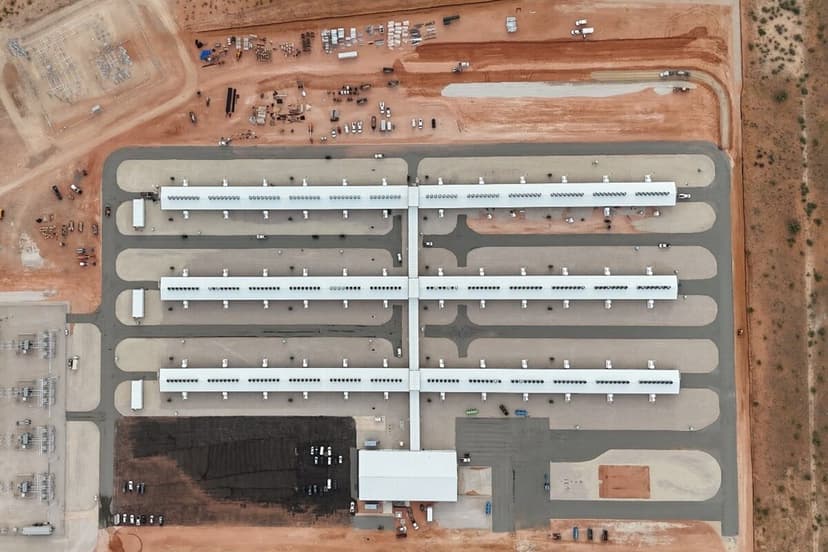Marathon Pays Hut8 $13.5M to Accelerate Control of 390MW Sites

Marathon is set to pay a fee of $13.5 million to Hut 8 to end a service contract that originally had a term for four more years with a monthly charge of $1.17 million.
Marathon said on Thursday that it is terminating Hut 8’s role as the operator of two sites it recently acquired for $178 million in Granbury, Texas and Kearney, Nebraska, totaling 390 megawatts. The final date of the service will be April 30.
On Friday, Hut 8 announced that Marathon would pay a fee of $13.5 million for terminating the contract, which was inked between USBTC and the former site owner before USBTC was merged with Hut 8.
Marathon’s move is a sign of the intensified race among mining companies for not only the most efficient mining hardware but also owning full control of infrastructure to slash operating costs in anticipation of the halving event.
The Granbury and Kearney sites were originally developed by Compute North, which was a major hosting partner for Marathon’s mining fleet.
In 2022, Compute North filed for bankruptcy protection and the two sites subsequently changed hands to Generate Capital, previously a financier providing equipment loans to Compute North.
USBTC won a bid in November 2022 to manage the two sites, which it called Charlie and Delta, with an initial term of five years at a fee of $3,000 a month per megawatt of nameplate power capacity. In Q3 2023, USBTC made a management revenue of about $3.4 million, according to its financial updates.
The service was then integrated into Hut 8’s business groups after USBTC and Hut 8 completed a merger of equals in November 2023. That means Hut 8 was supposed to inherit a monthly revenue of $1.17 million by continuing to manage the two sites.
Marathon completed the site acquisition in January as part of its move to become more vertically integrated, diverting from its previously boasted asset-light model.
The company owns a mining fleet with more than 23 EH/s of bitcoin miners that are currently hosted at third-party sites and it plans to operate a portion of its fleet at the newly acquired sites.
Meanwhile, it appears that Marathon’s MARA Pool is still experiencing hashrate downtime after mining a significantly lower amount of bitcoin in January.






